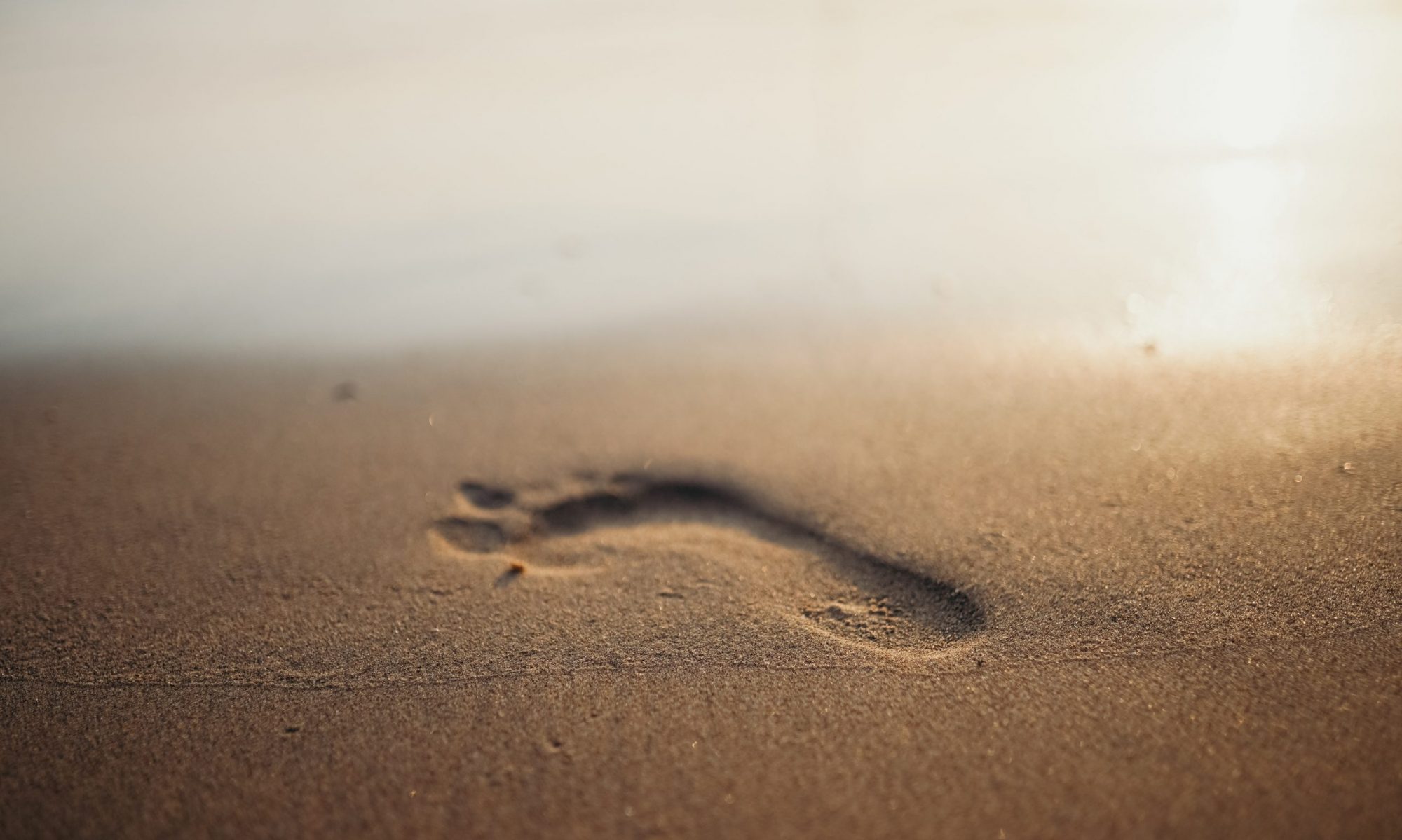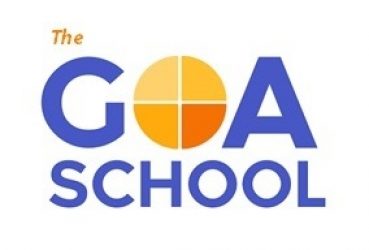
Madhavi Kukreja is a changemaker, living in Lucknow. She has been working to empower Dalit women in Chitrakoot, through her organisation Vanangana, since 1994. Not only does she organise these women to confront common problems of gender and patriarchy, caste and untouchability, and violence and discrimination, she also uses this confrontational approach to spur political action to support women’s rights and development. She has also set up Sanatkada, a handicrafts store in Lucknow, which, interestingly, sells clothes that would suit any gender. She uses her home as an open space for learning and is interested in documenting Lucknow’s rich history and culture through a Lucknow Bioscope project. The multifaceted Madhavi did her master’s in international politics from the New School of Social Research in New York, and is an Ashoka Fellow. She spoke to us about the path of a chagemaker and its many challenges and rewards at The Goa School.

Anubha Rastogi is an independent legal consultant and public prosecutor who is passionate about reproductive justice, workplace health and safety, and securities laws. She has a vast legal and human rights background with 19 years’ experience in providing survivors of human rights violations access to justice with special focus on women’s rights. Her body of work includes a combination of civil, criminal and constitutional litigation, national and international advocacy, research, capacity building, as well as law and policy making. Anubha is concerned that the benefits of the law tend to accrue only to urban, upper-class and dominant sections of society and wants to ensure that all citizens can know and demand their rights from a legal system that is fraught with barriers. She talked to us at The Goa School Open Talks about changing mores and the law.

September’s talk featured Venkatesh Charloo. Watch recording
Venkatesh Charloo has been diving deep into the sea of change. A professional diver — who was once a banker in Hong Kong — he focuses much of his attention on saving the corals around Goa. Venkatesh is one of the most qualified divers in India, with a 30 year track record, and has the most fascinating tales to tell. He is currently telling his tales to the government, to civic bodies, to students and anyone else willing to listen through his organisation ‘Coastal Impact’, because conserving, protecting and restoring our marine ecosystem should be a priority for everyone, including those who live inland: Our oceans not only provide global food security, employment, energy and medicinal value, but also regulate our climate and affect our weather.

Hemmant Jha’s calling is about designing products in a clean, modern, responsible way. Having recently worked as Chief Design Officer at Godrej, and lectured in the U.S. about this topic, his current venture, Honest Structures, designs modern furniture and organisation systems using sustainable design principles: principles that apply to several walks of life. Hemmant says, “Creative problem-solving has no boundaries or limits. With increasing complexity and competitiveness, elegant actionable solutions are required today more than ever.” Hemmant will talk at The Goa School in August, about the importance of Sustainable Global Design, and how to make designs with local materials and local expertise.

Tom Kuhlman is a Dutch development planner and economist, as well as a researcher on rural development, regional planning, forced migration, land use and sustainability with experience in Africa, The Pacific, the Caribbean and the Middle East. He worked for 14 years at the Agricultural Economics Research Institute (LEI), Wageningen University & Research Centre in the Netherlands. On 20 July 2022, he will be talking about how we need to reconcile the need for development with the restrictions of environmental conservation. His talk will give us insights on how to weigh environmental versus development goals, and how to develop the right attitude toward environmental protection.

Michelle Chawla is a social entrepreneur who runs a school for tribal children at Dahanu, called the Tamarind Tree, near the border of Gujarat and Maharashtra. ‘Open Source’ is her avowed motto: it’s a way of life, emanating from Tech circles, which ensures that every participant has access to, and can study, change and profit from the system they are part of. In simple terms, this could mean sharing the original source code for software, or even how education systems are designed. It’s the idea that everyone in the system is important and that power is more evenly distributed than in regular models. Michelle will tell us how it works, and how it has changed her life.

